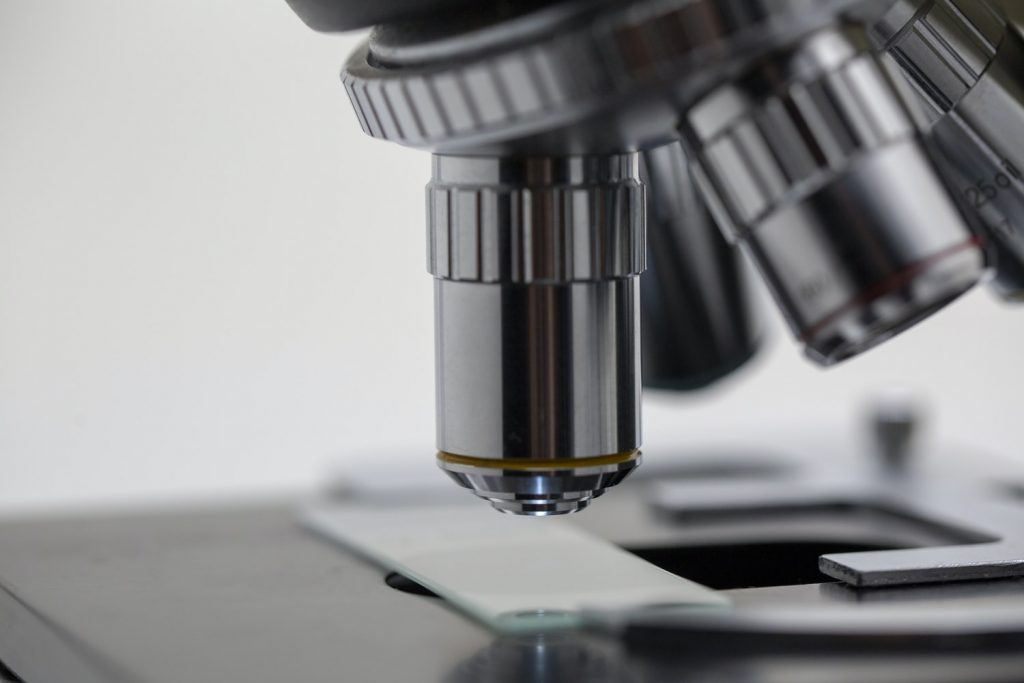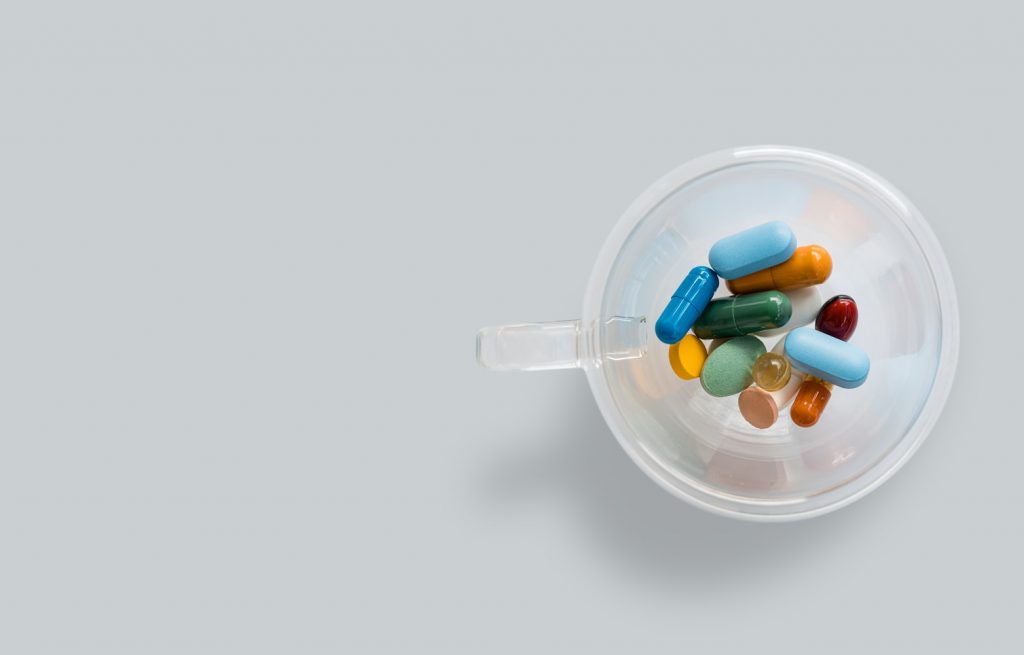This article is part of our new series, Getting Started With Homeopathy. To read the rest of the articles in the series, click here.
Marianne Moss Madsen, MS, BCND
As a holistic healthcare provider, I use a lot of homeopathy in my practice. One of the most common questions I get asked is: Does homeopathy work?
In my own experience, using homeopathic products consistently, I have nearly eliminated migraines and allergies. I have also used it successfully with others, including those with chronic conditions, greatly improving their quality of life. I’ve also disproven the idea of the placebo effect in my treatment of children and pets, proving that despite being unaware of what they’re taking, they show improvement.

Homeopathy Works Logically
We instinctively know that even tiny amounts of substances diluted in large amounts of water still affect us. Don’t believe me? Let’s talk through the “poop-in-the-pool” scenario.
Suppose you’re at a public pool, enjoying a beautiful summer day there. You and your family are swimming, having a great time, when suddenly, you see it. There, in the shallow end. A small child has had an “accident” in the pool. A clump of fecal matter is floating around.
Do you stay in the pool? Let your kids keep swimming? Nope.
Suppose you’re at the deep end, far away from the fecal matter, and a pool employee tests the water right next to you. She says, “No worries, there isn’t enough fecal matter in the water here to measure. It’s too far away and too diluted to measure here.”
Do you stay in the pool? Let your kids stay in the pool? Probably not.
We know that even if we can’t measure the amount of fecal matter because it’s too far away and too diluted, it’s still there.
Same thing with homeopathy. We know logically, that even though we can’t measure the amount of the substance, it’s still there.

Homeopathy Follows Scientific Principles
Many claim that homeopathy can’t possibly work because scientists can’t measure any of the substance in the homeopathic remedy. However, we know from established physics rules that matter, regardless of its dilution, is still present.
- Homeopathy works according to Newtonian physics: Sir Isaac Newton founded an entire branch of physics relating to the laws of matter. Building on his ideas, Antoine Lavoisier came up with the Law of Conservation of Mass in 1785. At its most basic, this law states that matter is neither created or destroyed. No matter how dilute a substance is, its mass and energy still exist. Even though homeopathic remedies are incredibly dilute, so dilute that the original substance (matter) can’t be measured, its mass and energy are still there.
- Homeopathy works according to Einsteinian physics: Albert Einstein’s work on space, time, matter, and energy led to an entire new area of physics. One of his major findings was that energy and mass are two forms of the same thing (matter). He discovered further, that just a tiny amount (mass) of a substance can be transformed into a huge amount of energy. Even though homeopathy contains only a small amount of the original substance (mass), that tiny amount of mass produces a huge amount of energy.
This is homeopathy; tiny amounts of mass turned into large amounts of energy! Using homeopathy, we can help the body in ways that we may not completely understand right now, scientifically, but we are learning more about every day!

Homeopathy Works Like Other Medicines
Homeopathy isn’t that different from many other types of medicine that are widely accepted and used in conventional medicine. Take these, for example:
- Immunization: Conventional medicine uses a tiny amount of a pathogen, introducing it into our bodies to provoke an immune reaction. Homeopathy introduces a tiny amount of a substance into the body to provoke a response from it.
- Immunotherapy: It’s pretty common for someone with a lot of allergies to get “allergy shots.” In this type of therapy, tiny amounts of allergens are injected into the body to help increase tolerance to the allergen and reduce allergic symptoms. Researchers are now using sublingual (under-the-tongue) immunotherapy. Homeopathy works the same way—tiny amounts of a substance help increase tolerance to it.
- Nanotherapy: Scientists are exploring how to use ultra-tiny molecules to provide medicine at a cellular level. Homeopathy uses extremely tiny amounts of substances to provide the body with what it needs.
If we look at homeopathics in the light of these types of therapies, it’s easy to see that it works in the same fashion.
Are There Times When Homeopathy Doesn’t Work?
Yes, there are scenarios when homeopathy doesn’t work.
For instance, a practitioner may give the wrong remedy or the wrong dilution, and the remedy doesn’t seem to work. (Consider the same scenario with prescription or over-the-counter remedies; sometimes a drug doesn’t work for that specific person or the dosage needs to be adjusted.)
A person using homeopathy may also expect that it will work immediately–and sometimes it does- but more often, it may take a while for the remedy to work, especially with chronic conditions.
Its also possible that homeopathy can be used incorrectly and rendered useless due to outlying factors.
So does homeopathy work?
Yes! Homeopathy works. It works according to scientific principles, much like other medicines work, and when used correctly, it works in practice.
Sharing is caring!
